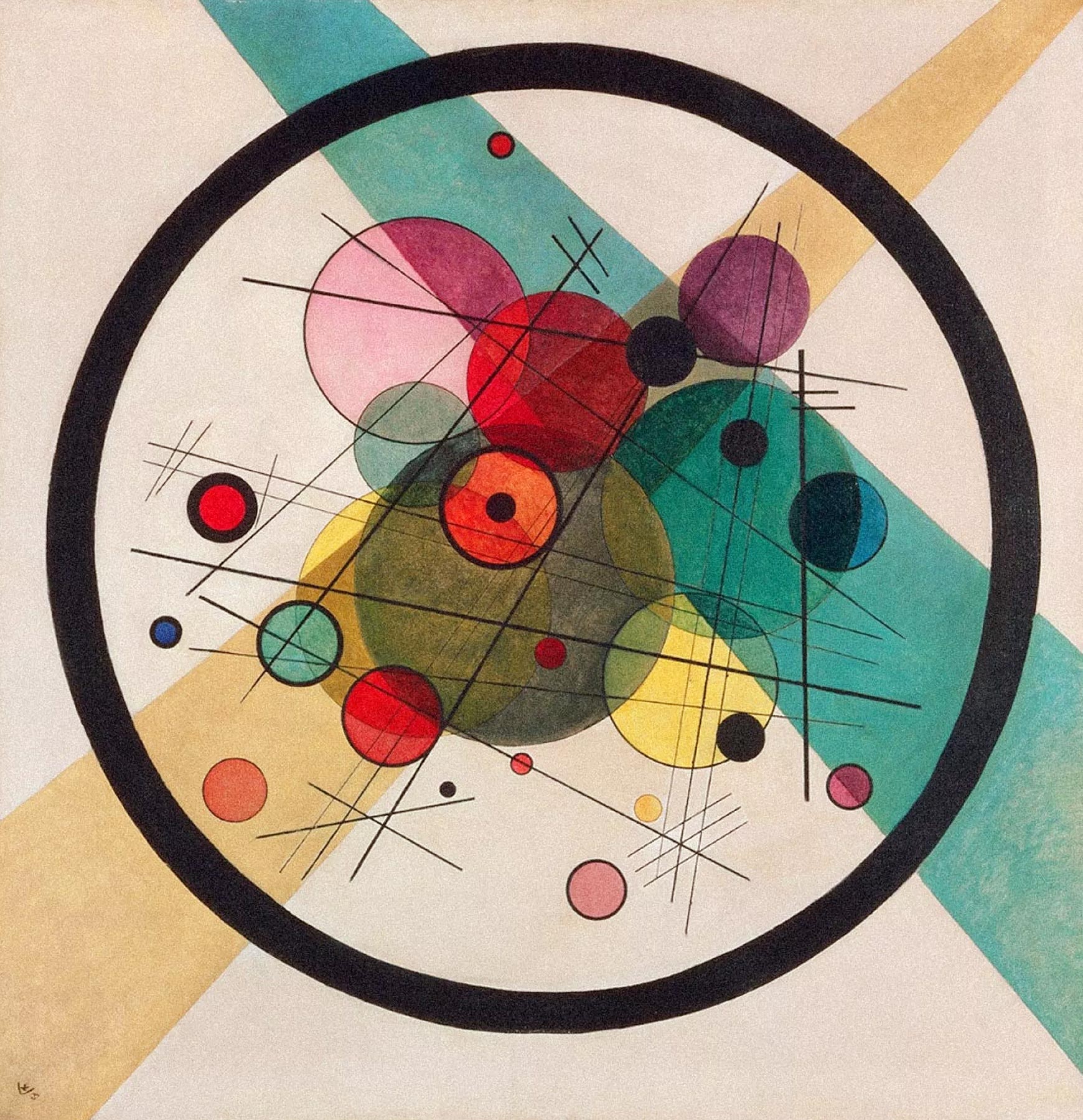Analytics & Continentals:
Historical Fragments of a War Instructor: Daniel Sacilotto Date & Time: Sundays, July 5, 12, 19, 26, August 2, 9, 16, 23 2 - 4:30 PM ET

DESCRIPTION: This seminar explores the bifurcation between the analytic and continental philosophical traditions since its inception, focusing on some of the central debates, methodological approaches, and canonical figures that animate its historical unfolding. Above all, we shall clarify how different conceptions of what constitutes philosophical practice become progressively forged throughout this historical split by identifying key moments and themes that define it and attending to periods of oftentimes frustrated exchange.
After a brief excursus into the historical antecedents leading to the consolidation of the split, during the first session we focus on the critique of psychologism prosecuted by Husserl and Frege, in which central methodological tenets in the philosophy of mind and the philosophy of language become first crystallized.
In the secpnd session, we focus on how this incipient separation was also accentuated and mediated by divergent responses to the legacy of German Idealism. exploring the response to British Hegelianism pursued by Moore and Russell, as well as the development and growth of phenomenology from the neo-Kantian tradition with Husserl and Ricoeur. As we shall see, if phenomenological thinking radicalized the transcendental Kantian approach, then semantic analysis unerstood the rot to have begun already with Kant.
In the third session, we explore how the logical empiricist and historicist hermeneutic orientations of thought proposed two competing narratives concerning the ‘end of metaphysics’: one in the name of a ruthless positivism aligned to the modern ideal of scientificity, the other in the name of a comprehensive critique of modernity and the conception of philosophy as a science derived from its Greek beginning.
In the fourth session, we revisit the debate between Searle and Derrida during the mid-70s, which emerged in response to J. L. Austin’s How to Do Things with Words, and in which the constructive aspirations of speech-act theory and the deconstruction of metaphysics of presence give way to not only different conceptions of language, communication, but also intentionality. In parallel, we attend to the debate between Chomsky and Foucault in 1971 concerning the question of human nature, where the aspirations of generative linguistics and the archeology of knowledge reflect two conceptions of ethico-political practice: a universalist avowal of invariant human values and the need for concrete engagement on the side of the former, versus a genealogical approach which tracks the dynamics of power with skepticism regarding the naturalization of the concept of ‘human nature’ and the dangers of concrete engagement.
In the fifth session, we explore how different strands of Sellarsian school proposed to rehabilitate the legacy of German Idealism in the wake of new naturalist and functionalist approaches to the philosophy of mind. Looking at works by Jay Rosenberg, Richard Rorty, John McDowell,Rebecca Kukla, Mark Lance, and Sebastian Rodl we will see how this tradition attempted not only an approximation to several canonical figures commonly associated with the Continental tradition but also thought of an integral philosophical practice which would include the concerns of both traditions.
Extending on this trajectory, in the sixth session, we look at the contrast in contemporary approaches to Hegelian scholarship and the valences of the dialectical method today: the Pittsburgh Hegelian school on the side of the analytic tradition, and the Lacanian-Slovenian school on the side of the Continental tradition.
In the seventh session, we delve into contemporary ontologies of world-building and systematic philosophy in both traditions, contrasting the modal realist metaphysics proposed by Nelson Goodman in Of Mind and Other Matters to the transcendental phenomenology of worlds proposed by Alain Badiou in Logics of Worlds.
Finally, in the eighth session, we briefly survey some prominent contemporary attempts to destratify the difference between the continental and analytic schools altogether, bringing a holistic approach that would synthesize the methods and insights of both traditions at once. We show how this contemporary approach challenges the myopia of specialization characteristic of the analytic tradition, while refusing the relativistic and skeptical tendencies associated with much of the Continental tradition, attending in particular to certain works by Fernando Zalamea, Lorenz Puntel, Ray Brassier and Reza Negarestani.
Image: Wassily Kandinsky, Circles in a Circle, 1923
To see The New Centre Refund Policy CLICK HERE.
To see The New Centre Refund Policy CLICK HERE.